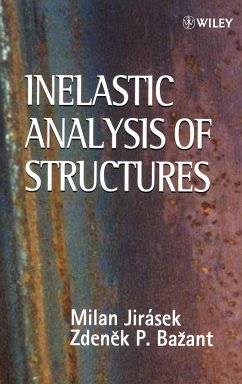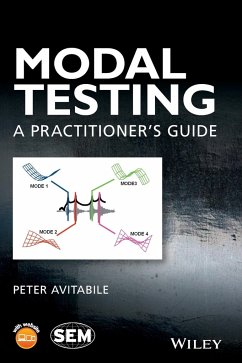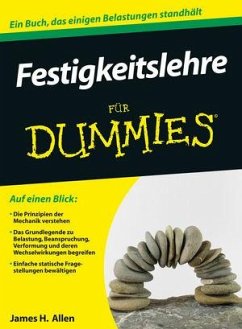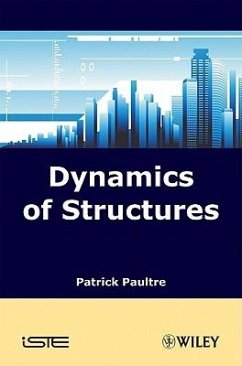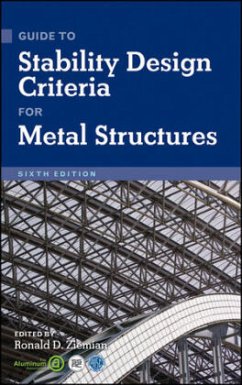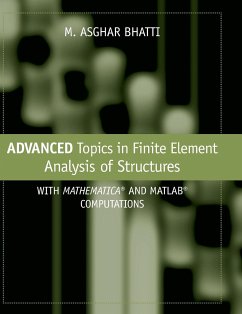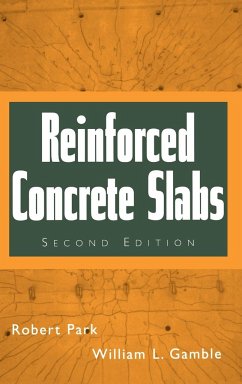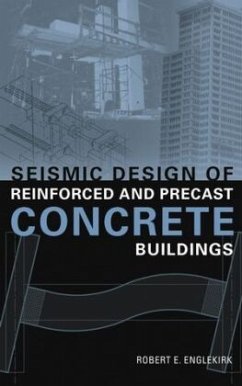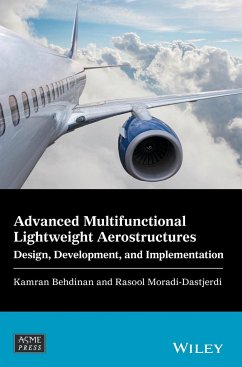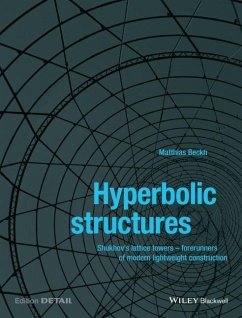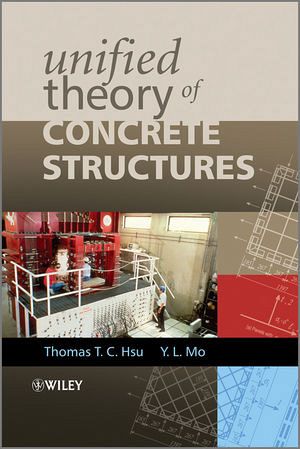
Unified Theory of Concrete Structures

PAYBACK Punkte
79 °P sammeln!
Unified Theory of Concrete Structures develops an integrated theory that encompasses the various stress states experienced by both RC & PC structures under the various loading conditions of bending, axial load, shear and torsion. Upon synthesis, the new rational theories replace the many empirical formulas currently in use for shear, torsion and membrane stress. The unified theory is divided into six model components: a) the struts-and-ties model, b) the equilibrium (plasticity) truss model, c) the Bernoulli compatibility truss model, d) the Mohr compatibility truss model, e) the softened trus...
Unified Theory of Concrete Structures develops an integrated theory that encompasses the various stress states experienced by both RC & PC structures under the various loading conditions of bending, axial load, shear and torsion. Upon synthesis, the new rational theories replace the many empirical formulas currently in use for shear, torsion and membrane stress. The unified theory is divided into six model components: a) the struts-and-ties model, b) the equilibrium (plasticity) truss model, c) the Bernoulli compatibility truss model, d) the Mohr compatibility truss model, e) the softened truss model, and f) the softened membrane model. Hsu presents the six models as rational tools for the solution of the four basic types of stress, focusing on the significance of their intrinsic consistencies and their inter-relationships. Because of its inherent rationality, this unified theory of reinforced concrete can serve as the basis for the formulation of a universal and international design code. * Includes an appendix and accompanying website hosting the authors' finite element program SCS along with instructions and examples http://www.egr.uh.edu/structurallab/SCS.htm?e=SCS * Offers comprehensive coverage of content ranging from fundamentals of flexure, shear and torsion all the way to non-linear finite element analysis and design of wall-type structures under earthquake loading. * Authored by world-leading experts on torsion and shear



